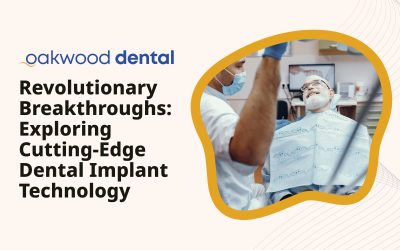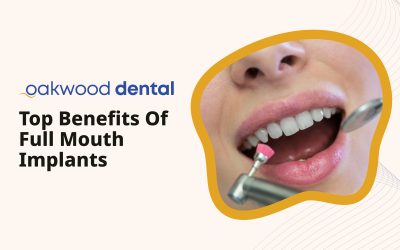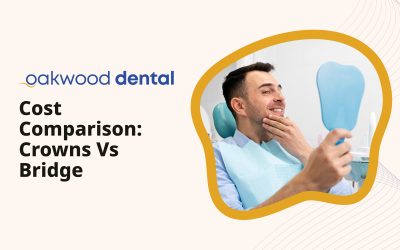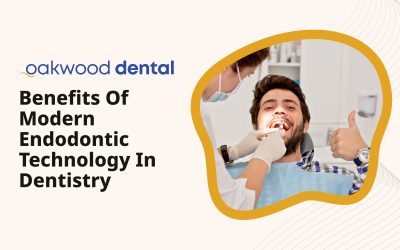Sleep apnea is a common sleep disorder that not only disrupts restful sleep but also poses serious risks to heart and cardiovascular health. This article explores the relationship between sleep apnea and cardiovascular issues, emphasizing the significance of addressing this connection. Additionally, it delves into the alternative option of oral appliances for patients who find traditional CPAP machines challenging.
The Link Between Sleep Apnea and Heart Health:
Research has established a strong association between sleep apnea and an increased risk of cardiovascular problems. The intermittent cessation of breathing during sleep places stress on the cardiovascular system, leading to issues such as high blood pressure, irregular heartbeats, and a higher likelihood of strokes and heart attacks. Understanding and addressing sleep apnea becomes crucial in preventing or managing these cardiovascular complications.
CPAP Machines: An Effective but Challenging Solution:
Continuous Positive Airway Pressure (CPAP) machines have long been the standard treatment for sleep apnea. While effective in maintaining an open airway during sleep, some patients find CPAP machines uncomfortable, noisy, or claustrophobic. This leads to low compliance rates and hinders the overall effectiveness of the treatment.
Oral Appliances as an Alternative:
For individuals who struggle with CPAP machines, oral appliances provide a viable alternative. These devices, commonly known as mandibular advancement devices (MADs), work by repositioning the jaw to keep the airway open. They are less invasive, more comfortable, and often more convenient for patients who find traditional CPAP therapy challenging.
Several studies have demonstrated the efficacy of oral appliances in managing mild to moderate cases of sleep apnea. While not suitable for all patients, oral appliances offer a valuable option for those who cannot tolerate CPAP therapy. Proper assessment by a sleep specialist is essential to determine the most suitable treatment for individual cases.
Patients experiencing symptoms of sleep apnea should seek professional evaluation to determine the severity of the condition. Sleep specialists can assess whether CPAP therapy, oral appliances, or a combination of approaches would be most effective. Personalized treatment plans contribute to improved adherence and better outcomes for patients with sleep apnea and associated cardiovascular risks.
Understanding the intricate connection between sleep apnea and cardiovascular health underscores the importance of proactive management. While CPAP machines remain a primary treatment, oral appliances offer a valuable alternative for those unable to tolerate traditional therapy. Ultimately, seeking professional guidance ensures that individuals receive the most suitable and effective treatment, reducing the risks associated with sleep apnea on heart and cardiovascular health.
For those considering oral appliance therapy as an alternative treatment for their obstructive sleep apnea,
Dr. Ron Rao has advanced training in Dental Sleep Medicine and is a Diplomate of the American Board of Dental Sleep Medicine Sleep Medicine.

 718-979-2121
718-979-2121








